The Liberalism portal
Liberalism is a political and moral philosophy based on the rights of the individual, liberty, consent of the governed, political equality, right to private property and equality before the law. Liberals espouse various views depending on their understanding of these principles but generally support private property, market economies, individual rights (including civil rights and human rights), liberal democracy, secularism, rule of law, economic and political freedom, freedom of speech, freedom of the press, freedom of assembly, and freedom of religion, constitutional government and privacy rights. Liberalism is frequently cited as the dominant ideology of modern history.
Liberalism became a distinct movement in the Age of Enlightenment, gaining popularity among Western philosophers and economists. Liberalism sought to replace the norms of hereditary privilege, state religion, absolute monarchy, the divine right of kings and traditional conservatism with representative democracy, rule of law, and equality under the law. Liberals also ended mercantilist policies, royal monopolies, and other trade barriers, instead promoting free trade and marketization. Philosopher John Locke is often credited with founding liberalism as a distinct tradition based on the social contract, arguing that each man has a natural right to life, liberty and property, and governments must not violate these rights. While the British liberal tradition has emphasized expanding democracy, French liberalism has emphasized rejecting authoritarianism and is linked to nation-building. (Full article...)
Selected article -
Selected biography -
John Bordley Rawls (/rɔːlz/; February 21, 1921 – November 24, 2002) was an American moral, legal and political philosopher in the liberal tradition. Rawls has been described as one of the most influential political philosophers of the 20th century.
In 1990, Will Kymlicka wrote in his introduction to the field that "it is generally accepted that the recent rebirth of normative political philosophy began with the publication of John Rawls's A Theory of Justice in 1971". Rawls's theory of "justice as fairness" recommends equal basic liberties, equality of opportunity, and facilitating the maximum benefit to the least advantaged members of society in any case where inequalities may occur. Rawls's argument for these principles of social justice uses a thought experiment called the "original position", in which people deliberately select what kind of society they would choose to live in if they did not know which social position they would personally occupy. In his later work Political Liberalism (1993), Rawls turned to the question of how political power could be made legitimate given reasonable disagreement about the nature of the good life. (Full article...)List of selected biographies |
|---|
Selected quote
General images
Subcategories
Related portals
WikiProjects
- Liberalism task force
- WikiProject Human Rights
- WikiProject Philosophy
- WikiProject LGBT
What are WikiProjects?
Topics
Recognized content

 Featured articles
Featured articles- Anarcho-capitalism
- Liberal Movement
Associated Wikimedia
The following Wikimedia Foundation sister projects provide more on this subject:
-
 Commons
Commons
Free media repository -
 Wikibooks
Wikibooks
Free textbooks and manuals -
 Wikidata
Wikidata
Free knowledge base -
 Wikinews
Wikinews
Free-content news -
 Wikiquote
Wikiquote
Collection of quotations -
 Wikisource
Wikisource
Free-content library -
 Wikiversity
Wikiversity
Free learning tools -
 Wiktionary
Wiktionary
Dictionary and thesaurus
-
 List of all portalsList of all portals
List of all portalsList of all portals -
 The arts portal
The arts portal -
 Biography portal
Biography portal -
 Current events portal
Current events portal -
 Geography portal
Geography portal -
 History portal
History portal -
 Mathematics portal
Mathematics portal -
 Science portal
Science portal -
 Society portal
Society portal -
 Technology portal
Technology portal -
 Random portalRandom portal
Random portalRandom portal -
 WikiProject PortalsWikiProject Portals
WikiProject PortalsWikiProject Portals
.jpg.webp)
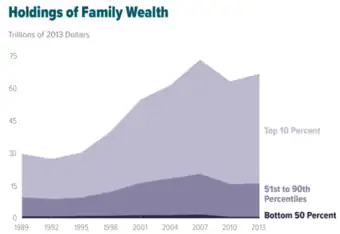
.jpg.webp)
_b_269.jpg.webp)
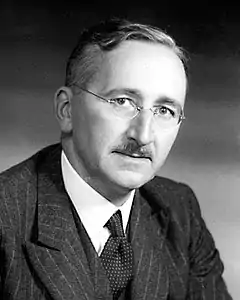
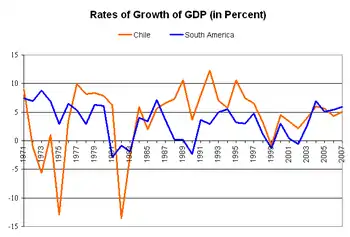
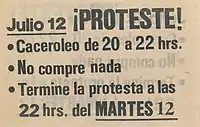
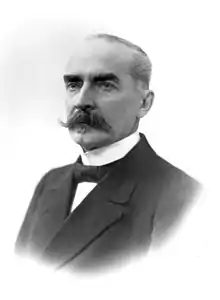

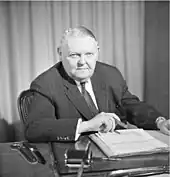
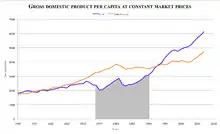

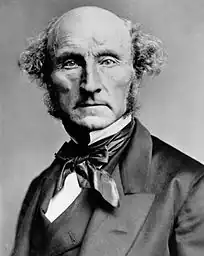
.jpg.webp)
.jpg.webp)
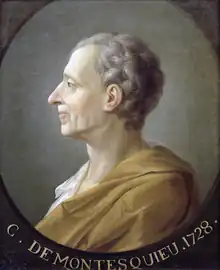
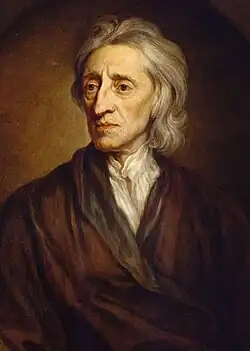

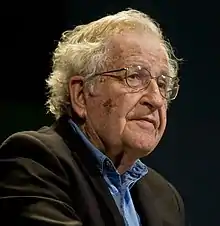
.jpg.webp)
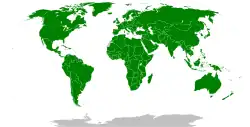
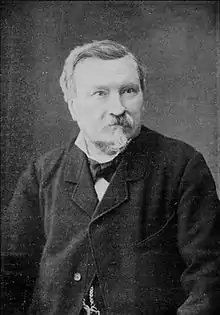
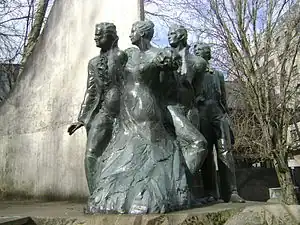
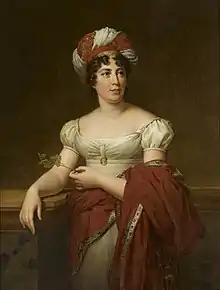
.png.webp)
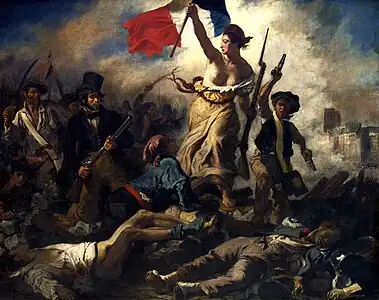
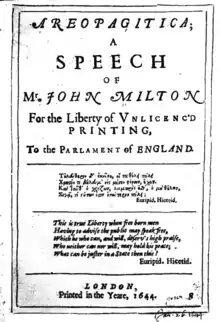
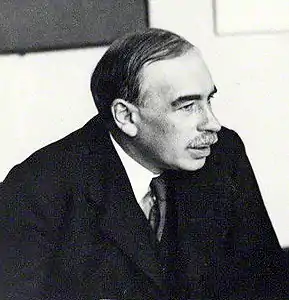
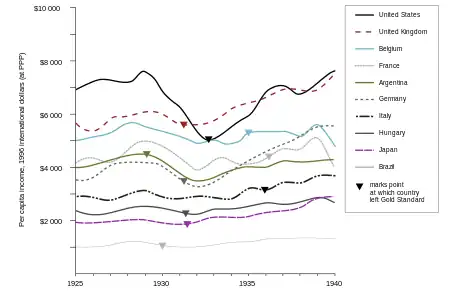
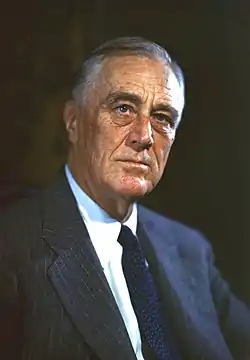

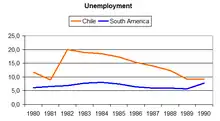
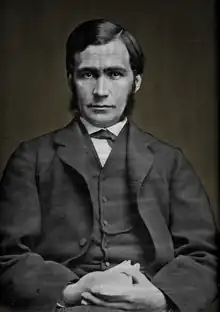

%252C_%C3%A9crivain_et_homme_politique_-_P1679_-_Mus%C3%A9e_Carnavalet.jpg.webp)
